Scholars 2014-15
|
Members |
||||
|
Brady Brower
|
In the period of France’s Third Republic, a wide-ranging discourse about animal societies offered a powerful means of redefining the ideological determinants of the social order in response to various challenges. Research on animal sociability served the effort by republican ideologues to revise liberal ideals in an effort to promote solidarity while maintaining the differentiation of social elements. |
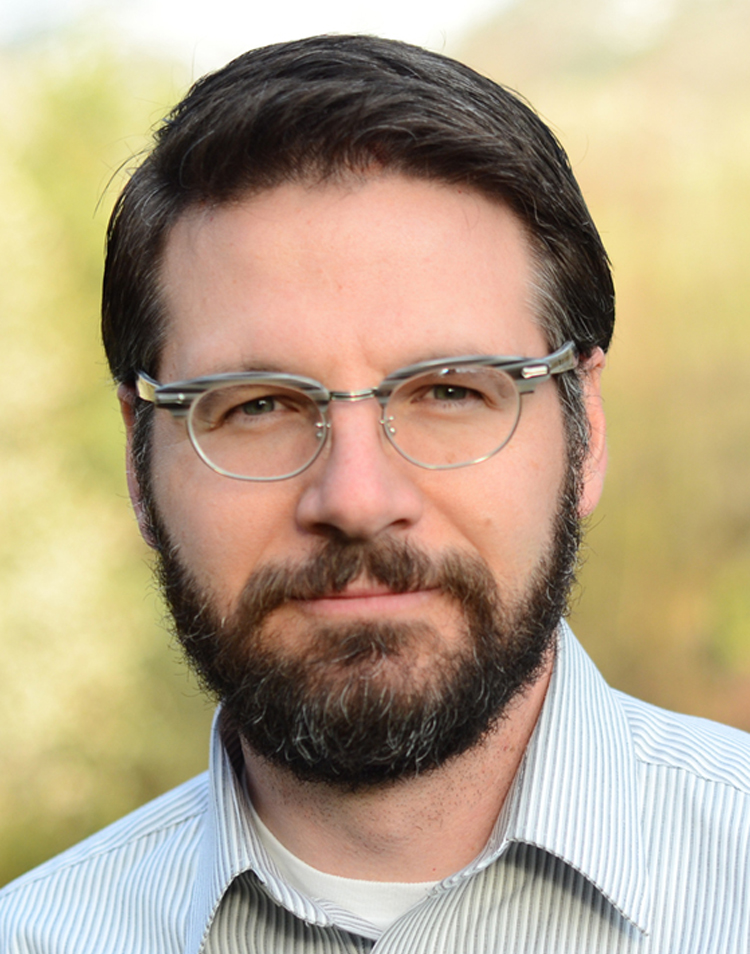 |
||
|
|
||||
|
Manduhai Buyandelger |
During the fellowship year I will complete a book manuscript that will offer an anthropological account of women’s participation in Mongolia’s parliamentary elections since the collapse of socialism in the 1990s. It will be based on research on postsocialist gendered transformations including two parliamentary elections in 2008 and 2012. |
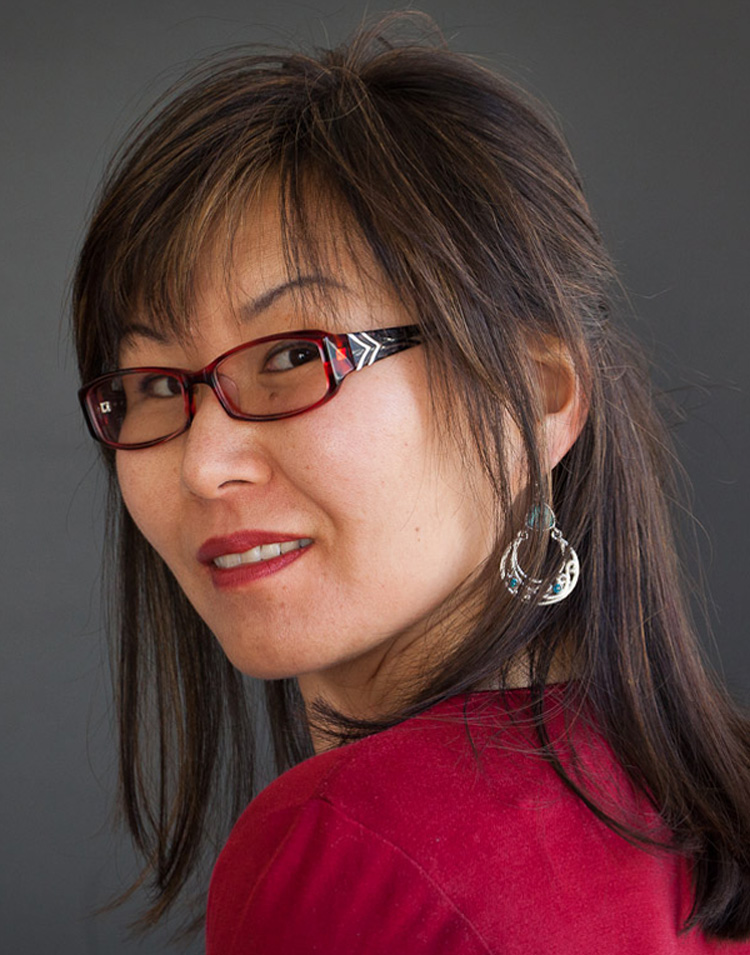 |
||
|
|
||||
|
Kalyan Chatterjee |
My work deals with networks and complexity in games. Networks model restricted communication and observation; the players are at nodes in the network and can only interact with those other players to whom they are directly connected. I am interested in modelling different aspects of diffusion, for example, of rumors, when players at nodes make self-interested decisions to propagate them or not. I also want to address endogenous dynamic network formation where players bargain on each link. The other topic, complexity, bounds the ability of players to process information optimally in games. In particular, I hope to show that only extreme bad news causes a change in action, whilst small pieces of bad news can accumulate without reaction, sometimes called inattention. I shall also continue work in my general areas of interest in bargaining, game theory, political economy, and decision theory. |
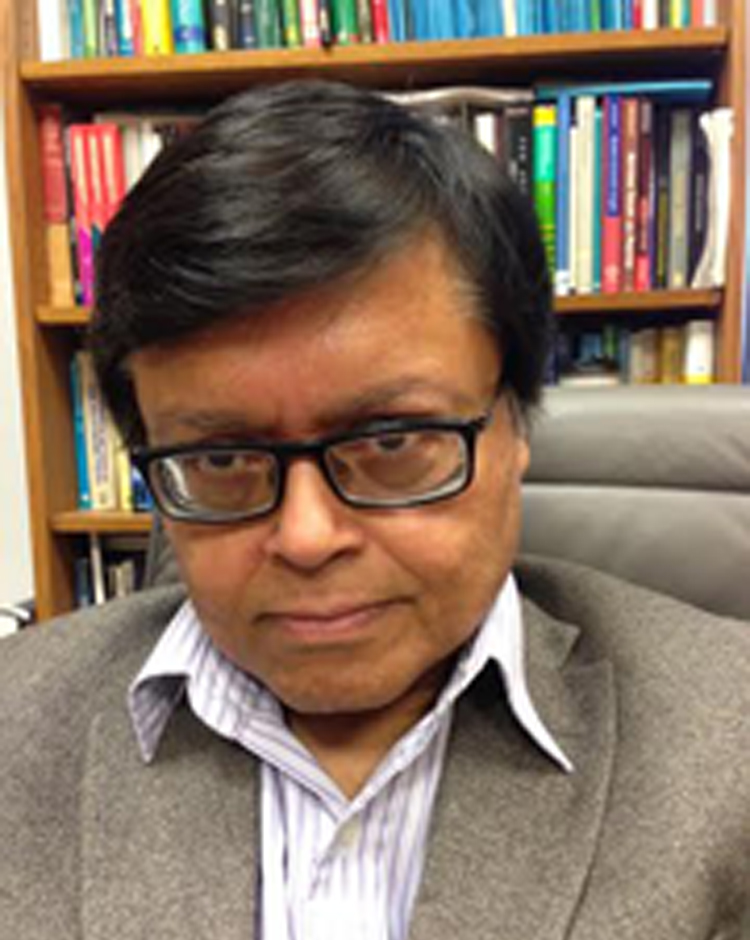 |
||
|
|
||||
|
Adam Elga |
When a system consisting of many interacting parts (such as an electrical power grid or a banking network) starts failing, it is tempting to make the system more robust by linking its parts together. For example, one might allow an overloaded power generator to "borrow" power from its neighbors, or one might allow banks to heavily insure each other. I propose to study the way that such changes make it easy to get caught off guard by a large cascading failure. One upshot of the work is that market forces, political incentives, and psychological tendencies all push in the direction of making such changes, and hence tend to create systems that are both fragile and seemingly robust. Another upshot is that the existence of stable risks is itself a public good—a good that is subject to a serious free rider problem. |
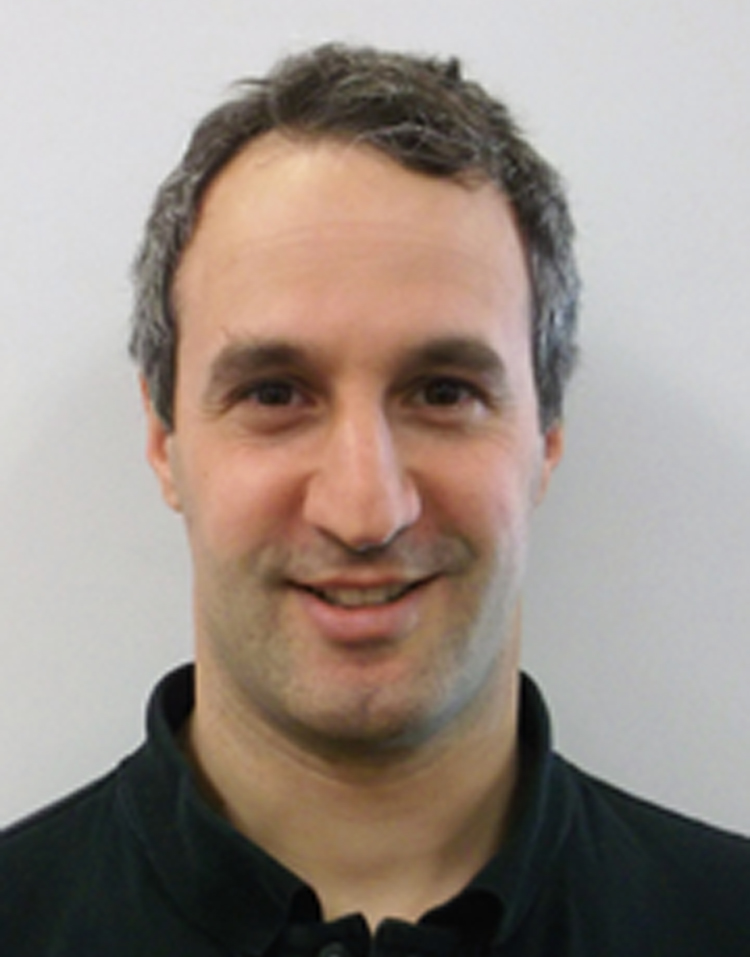 |
||
|
|
|
|||
|
Anver M. Emon
|
Anver M. Emon's research focuses on premodern and modern Islamic legal history and theory; premodern modes of governance and adjudication; and the role of Shari'a both inside and outside the Muslim world. During his time at the Institute, he will be working on a new manuscript that addresses fundamental issues of law and legal authority in pre-modern Islamic law and how they map onto contemporary debates about Shari'a in the Muslim majority world and among Muslim minorities. |
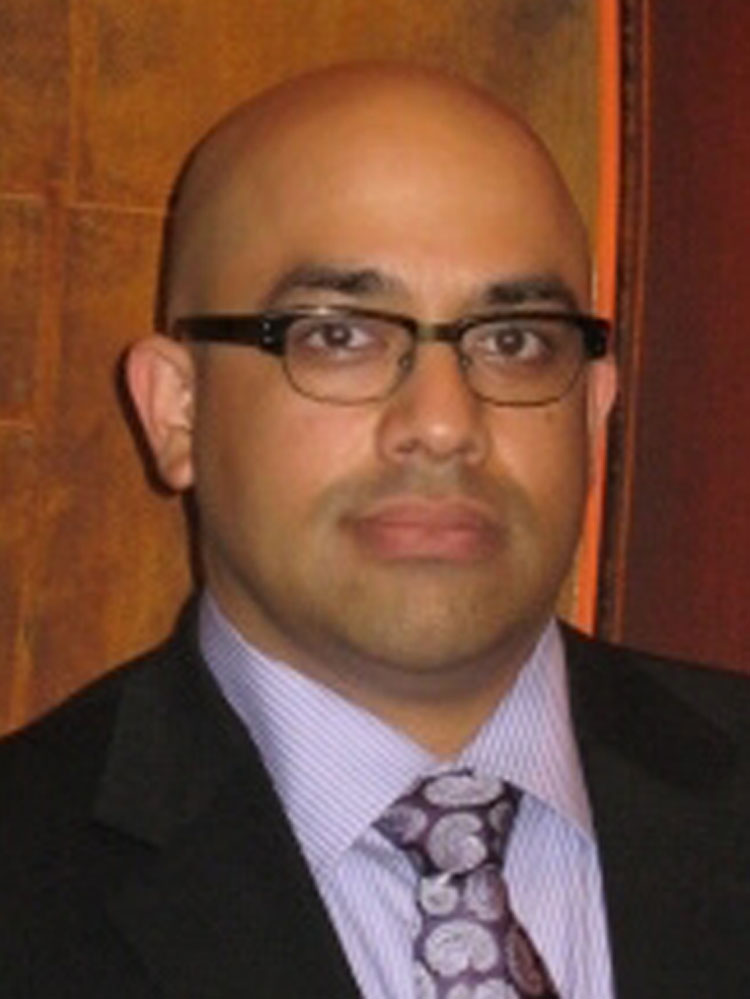 |
||
|
|
||||
|
Gary Alan Fine |
Gary Alan Fine is a social psychologist and sociologist of culture. His fellowship proposal examines how small group cultures create political affiliation and civil society. He is also completing an ethnography of the socialization of MFA visual artists, focusing on their presentation of disciplinary practices and constructing artistic selves. |
 |
||
|
|
|
|||
|
Paul Gowder |
I will be working on a book-length project explaining how the rule of law (understood as a tool for ensuring social equality among the members of a legal community) is necessary for political equality and popular sovereignty in democratic states, and the implications of this idea for constitutional governance. |
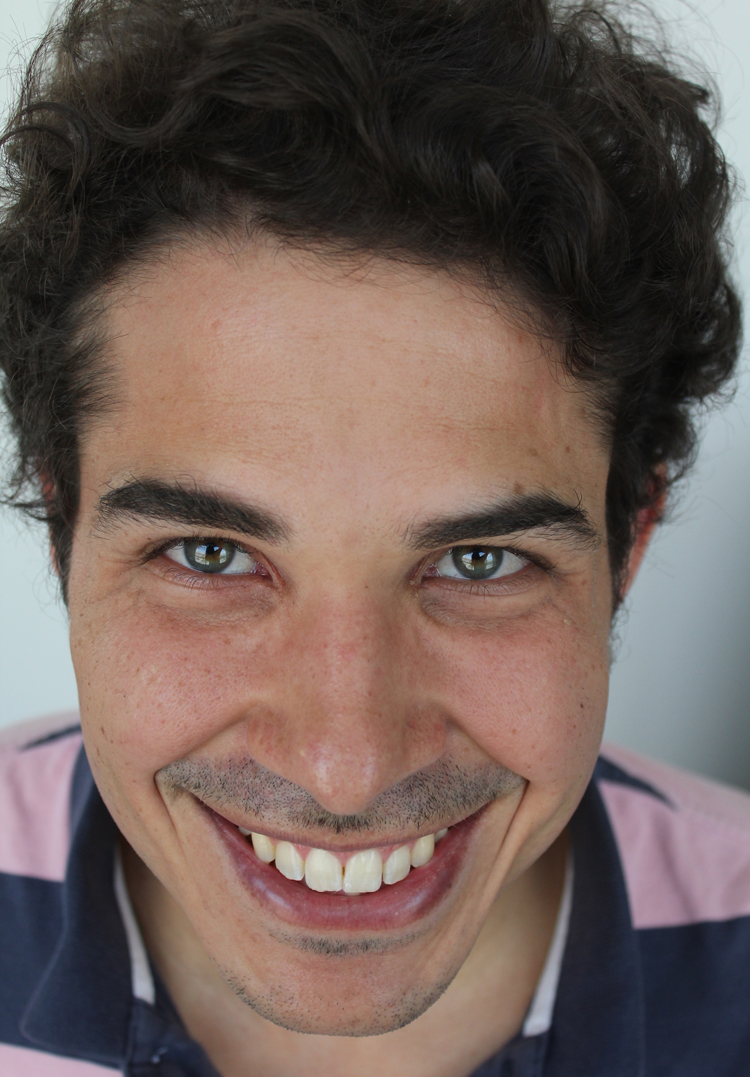 |
||
|
|
||||
|
Alexander A. Guerrero |
I work on topics in ethics, political philosophy, bioethics, and epistemology. In the upcoming year, I will work on a book project in which I argue against using elections to select political representatives, and in favor of using lotteries, developing and defending a “lottocratic” alternative to electoral representative democracy.
|
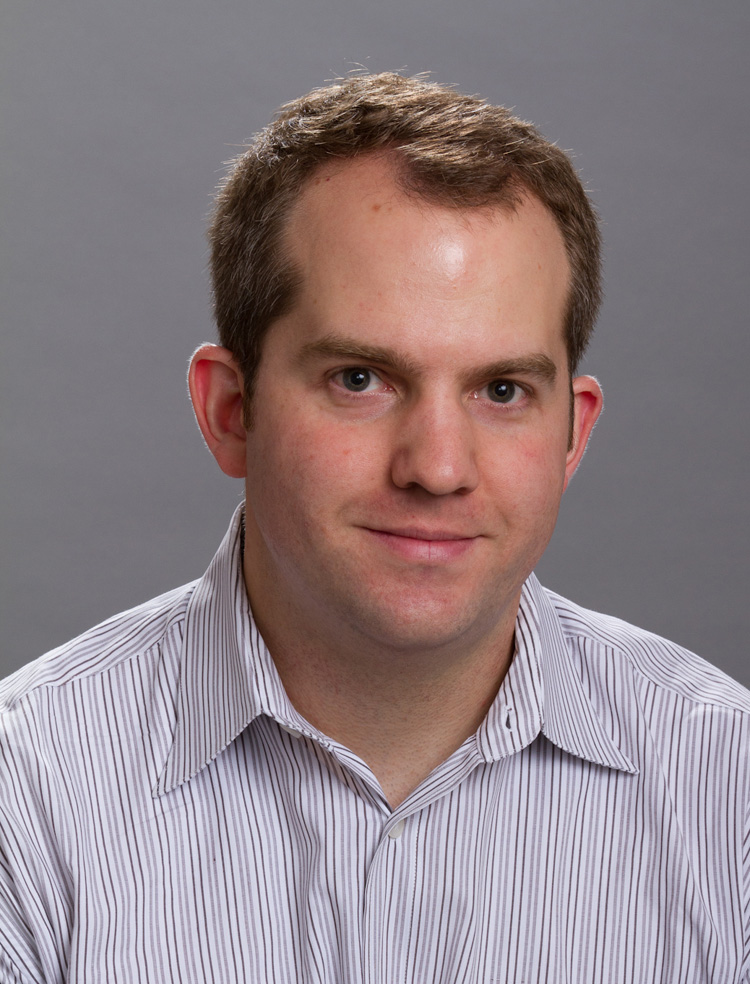 |
||
|
Hugh Gusterson |
Polygraph evidence was excluded from court after 1923, and, in 1988, private employers were forbidden to polygraph employees, but polygraph use has expanded in the national security state and on daytime TV. My book will analyze the world the polygraph has created and the “practical knowledge” of those who administer or take polygraph tests. |
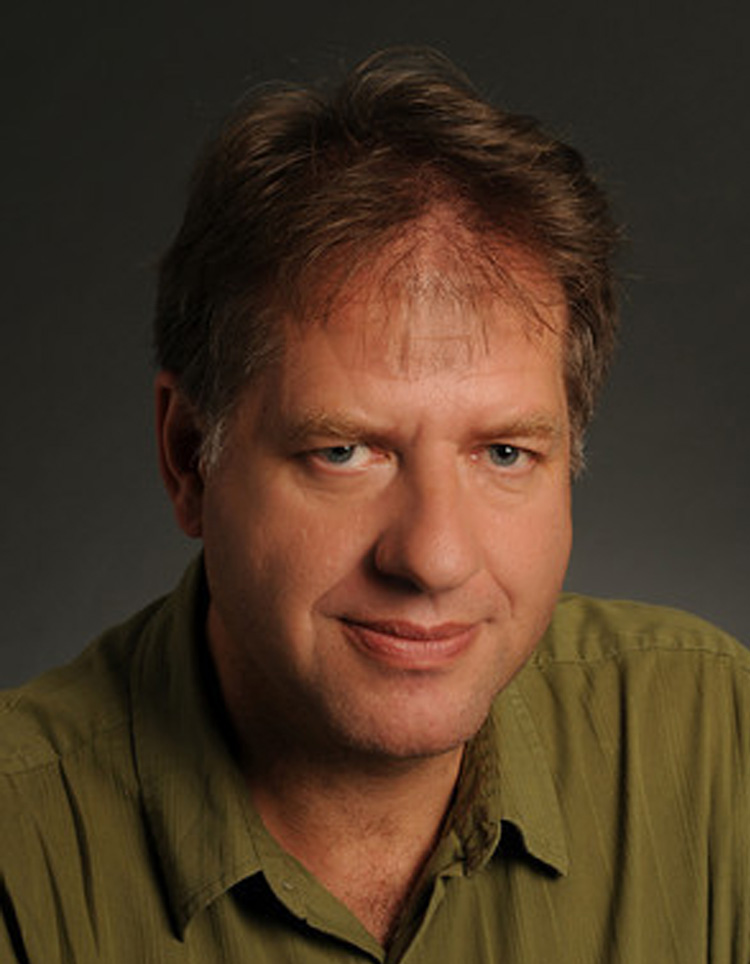 |
||
|
|
||||
|
Michael G. Hanchard |
I am currently working on a book-length manuscript on an understudied element in the formation of comparative politics as a sub-field and discipline. Utilizing previously neglected primary materials and sources, "The Spectre of Race in Comparative Politics" traces the genesis of a comparative method for the study of politics to the preoccupation with racial hierarchy and political institutions explicated by two historians, Edward Augustus Freeman, and Herbert Baxter Adams. Comparative politics, now understood as a sub-field in the discipline of political science, began as a disciplinary method employed by a interdisciplinary array of social scientists and humanities scholars in the nineteenth century to categorize and analyze variations and developments in political institutions across space and time, in the hope that cross-spatial and cross-temporal comparison would increase global understanding of diverse civilizations and peoples across the world. The race concept was considered central to understanding the development of political institutions and their variation among different groups and nationalities, a principal factor in determining which peoples could develop the most sophisticated forms of modern politics. Students of comparative politics have largely ignored how racial politics--the articulation and institutionalization of ideas and practices of racism and racialism--was a constitutive element in the earliest disciplinary and methodological formulations of a "scientific" method for the study of political behavior and institutions. Much of the manuscript will be devoted to tracing the spectre of race in the study of comparative politics from the writings and institutional developments of Edward Augustus Freeman and Herbert Baxter Adams, the "movement" of comparative politics in the 1950's, to Samuel Huntington's "Clash of Civilizations" thesis after the fall of the Soviet Union. |
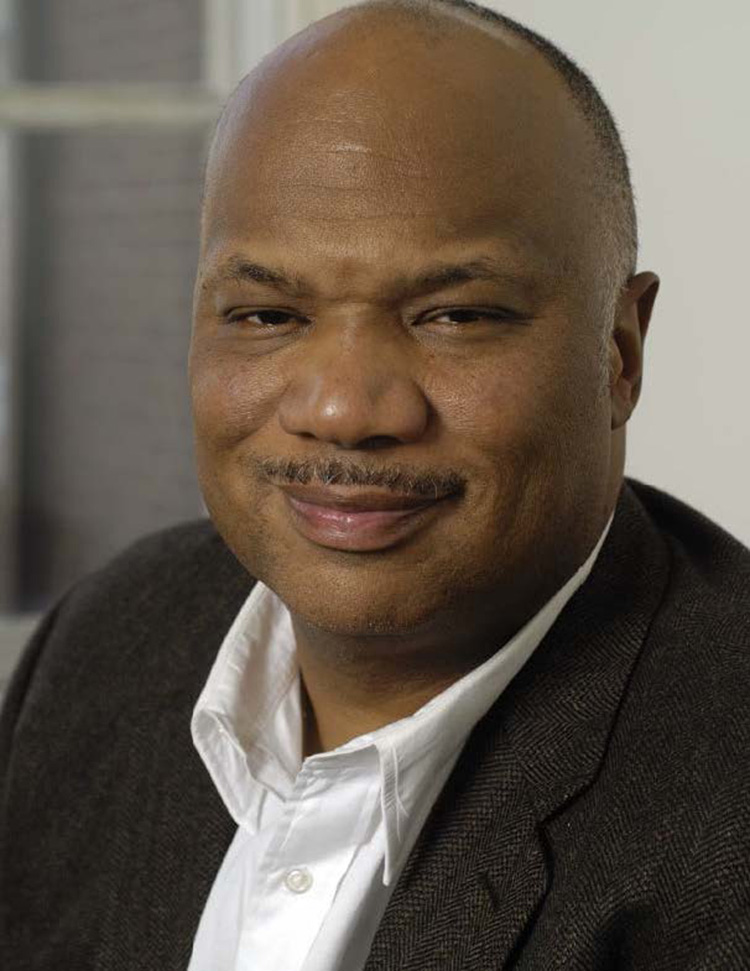 |
||
|
|
||||
|
John Holmwood |
I will be contributing to the interdisciplinary program on “Egalitarianisms.” I shall be addressing the relation between conceptions of equality and inequality in sociology and those of wider publics with the aim of redirecting sociological arguments towards a more direct engagement with popular understandings of inequality and its discontents.
|
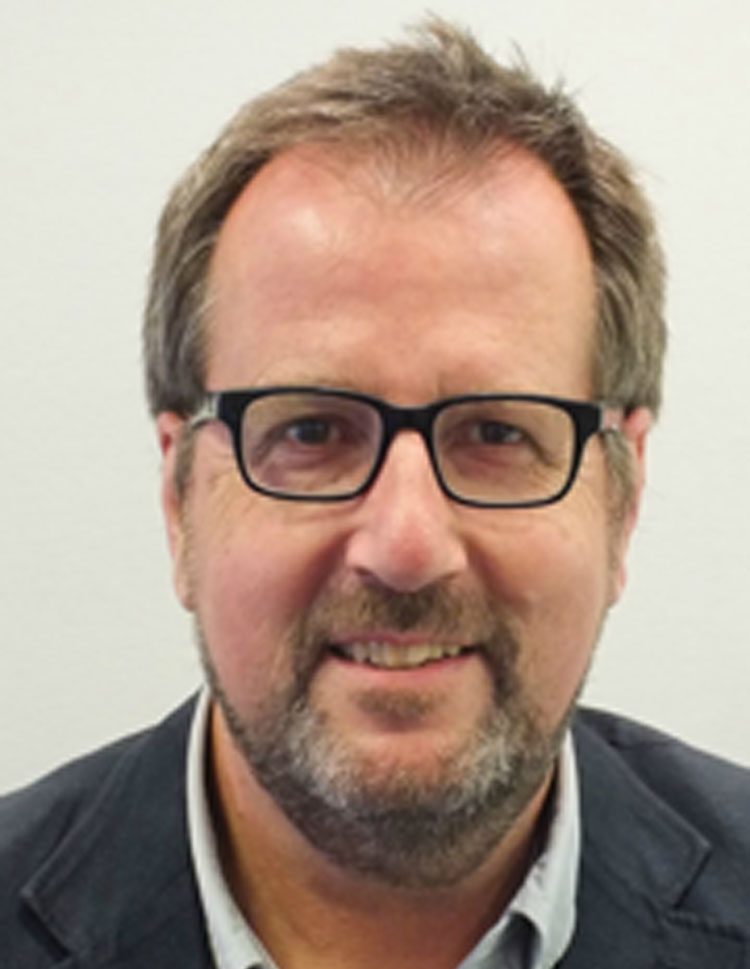 |
||
|
|
|
|||
|
Julilly Kohler-Hausmann |
My book project chronicles legislative struggles during the 1970s where lawmakers enacted punitive welfare, drug, and criminal policies that transformed notions of government responsibility to socially marginalized groups. The book will explore how the embrace of retribution, surveillance, and political exclusion resuscitated state legitimacy and reshaped conceptions of citizenship. |
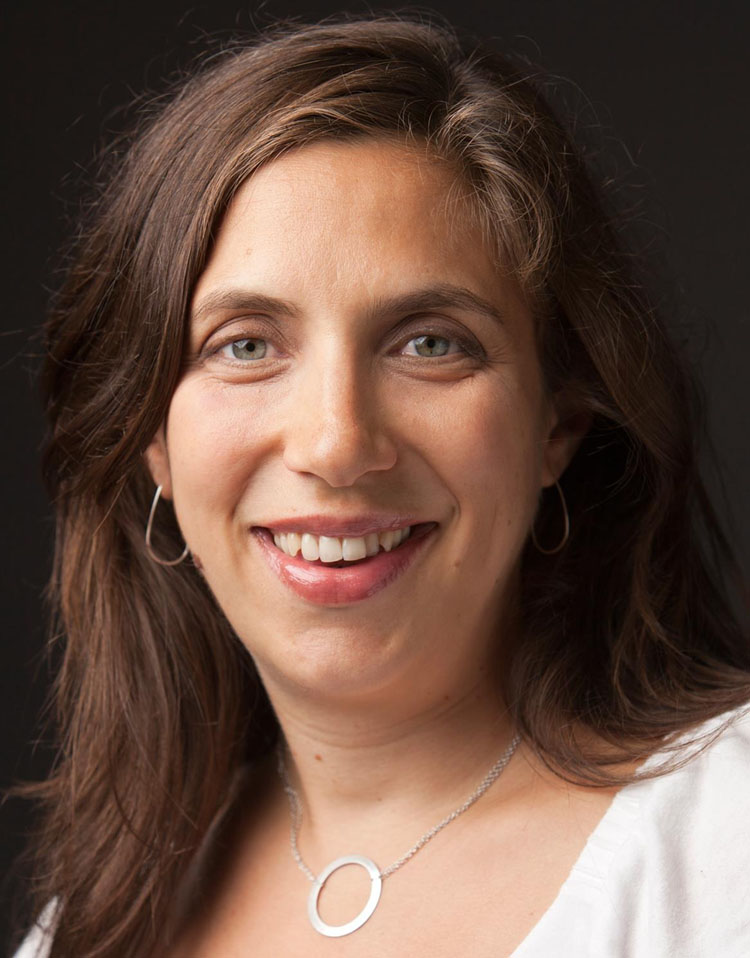 |
||
|
|
||||
|
Jill Locke |
I am researching and writing about children's political activism, particularly the role of children in the U.S. Civil Rights Movement. My project engages Hannah Arendt's political theory, work in philosophy and law on “children’s rights,” and sociological, literary, and historical work on “the child” and children’s protests. |
 |
||
|
|
||||
|
Anandi Mani |
Dr. Mani's research interests are in the area of development economics, with a focus on the behavioral economics of poverty and social exclusion. During her time at the Institute, she will work on how poverty affects the allocation of cognitive resources across short versus longer term decisions as well as the behavioral implications of gender stigma and crime. |
 |
||
|
|
||||
|
Nolan McCarty |
I will spend the year working on a manuscript that explores the relationship between economic inequality and political polarization in the United States. The manuscript will be based on new data on the polarization of state legislatures. |
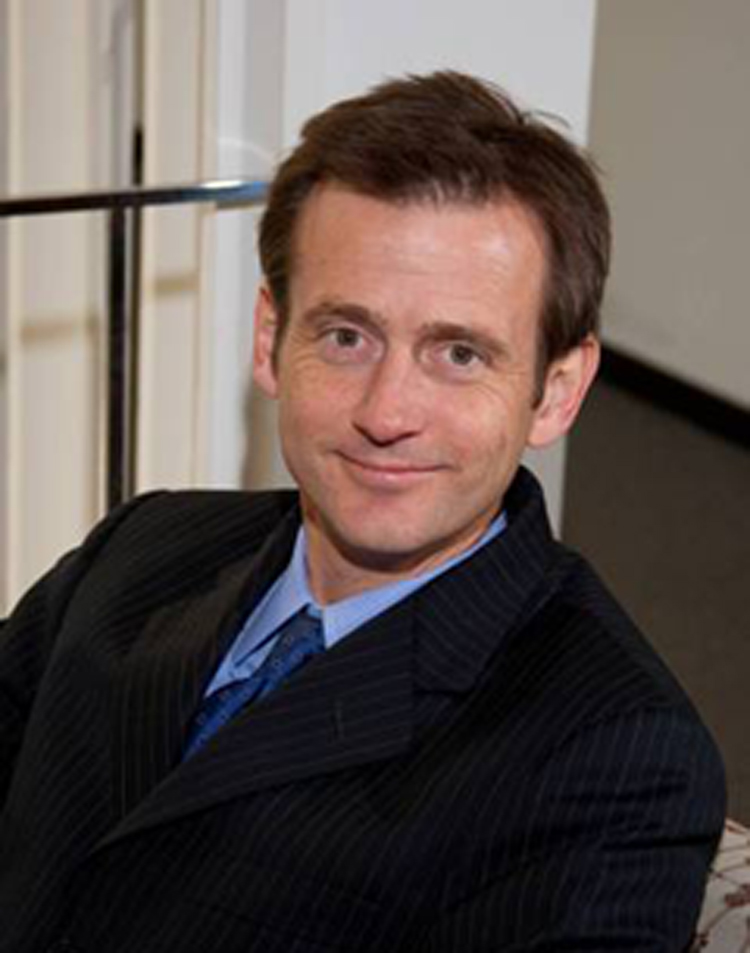 |
||
|
|
||||
|
Maurizio Meloni |
I am a social theorist working on the historical, conceptual, and political implications of the life-sciences, in particular, neuroscience and epigenetics. I am specifically developing at present the idea of a "political epistemology" (in a book forthcoming for Palgrave, 2015), to explain the coproduction of epistemic facts and socio-political values in the history of the life-sciences, from eugenics to our days. At the Institute, I will explore how social epigenetics may blur the boundaries between natural and social inequalities. |
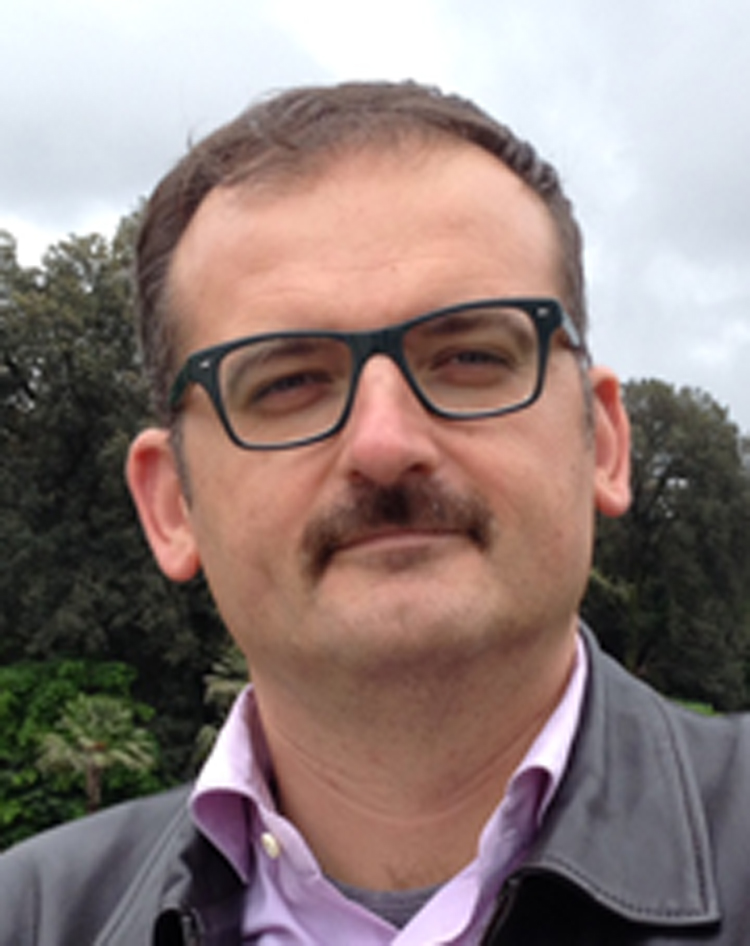 |
||
|
|
||||
|
Jennifer L. Morgan
|
Jennifer L. Morgan is working on a history of racial ideology, gender, and numeracy in the early modern Atlantic. She argues that the slave trade emerges from the nexus of ideologies of race and enumeration. Thus the trans-Atlantic slave trade is rooted in the logics of capitalism and capitalism is itself reliant on the human fungibility embedded in the slave trade.
|
 |
||
|
|
||||
|
Sharun W. Mukand |
Sharun Mukand works on the political economy of policymaking and development. At the Institute, he plans to explore the role of ideas, leadership, and persuasion in catalyzing nation building and institutional change. |
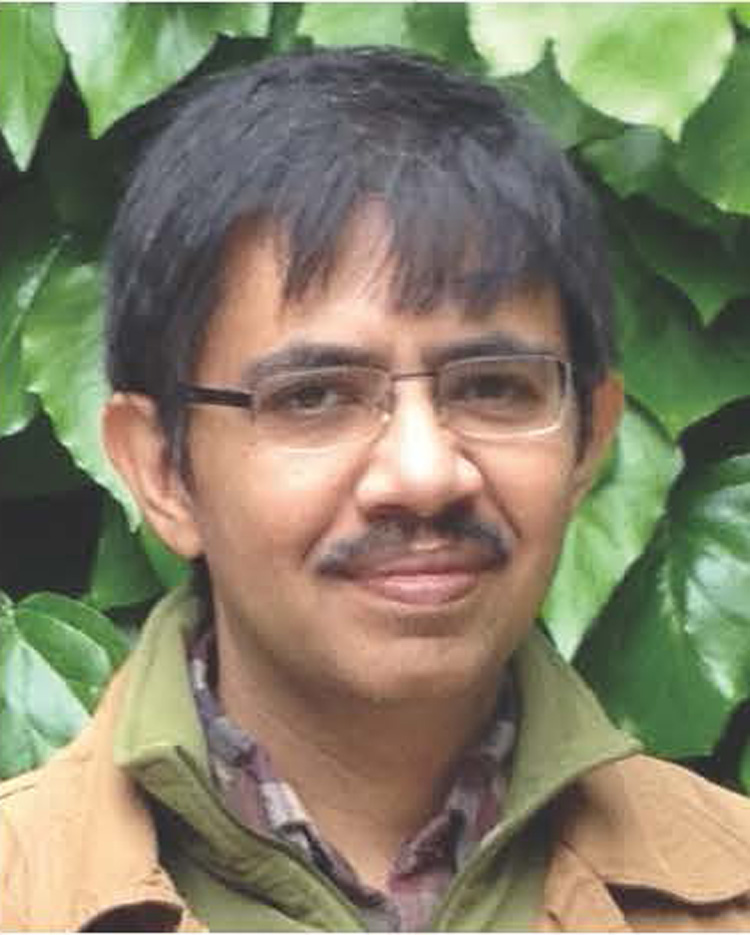 |
||
|
|
||||
|
Serguei A. Oushakine |
In my new book-in-progress, I explore forms of historical imagination that started taking shape in post-communist Eurasia. Using archival and ethnographic materials, my multi-sited research documents the afterlives of the massive project of Soviet modernization that radically changed the social, ethnic, and cultural landscape of Eurasia during the last century. |
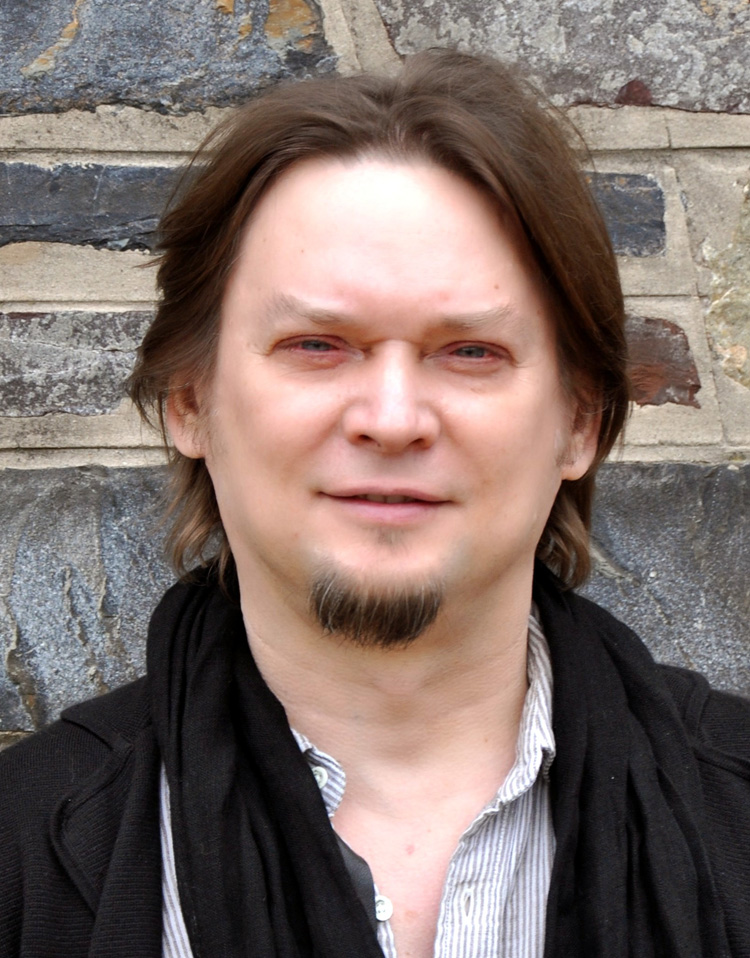 |
||
|
|
||||
|
Charles M. Payne |
This project is a synthesis of what we have learned in the last fifteen years or so about changing urban schools and school systems in ways that give their children a better set of options and possibilities in life. Much of the material will come from taking a close look at the data we have on systems which outperform others on meaningful metrics. The point of the project is to develop a set of grounded hypotheses to guide both practice and further research. Right now, I expect those hypotheses to address, in part, the need for a more organizational and less interventionist conception of the work and to address the need to more adequately speak to the social dimensions of the problem. |
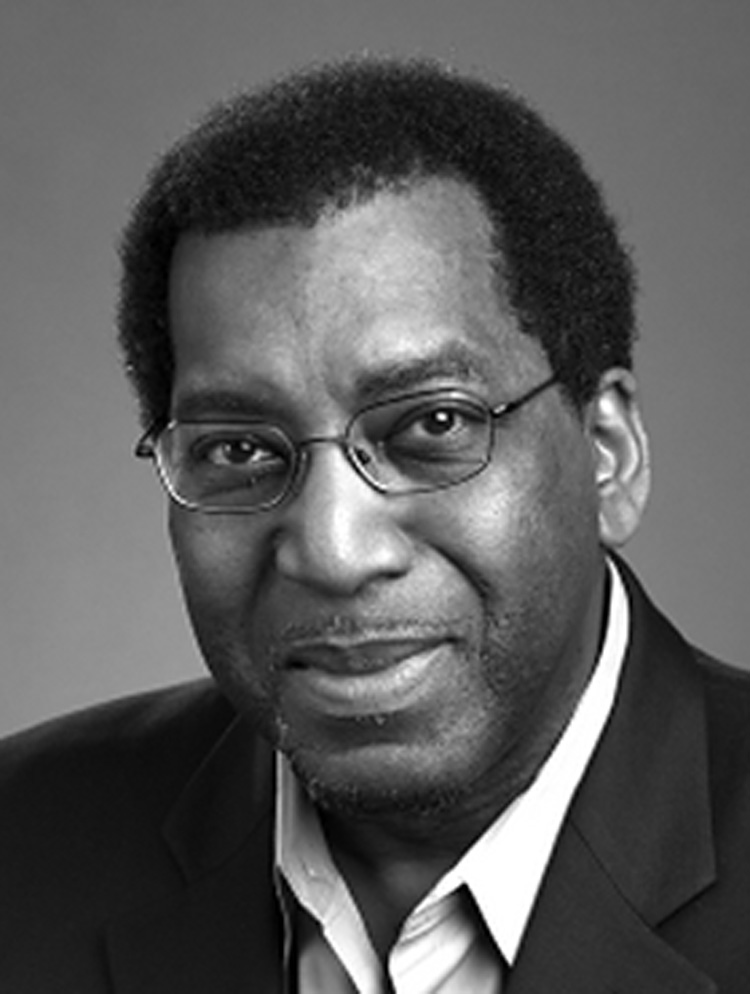 |
||
|
|
||||
|
Sophia Rosenfeld |
Sophia Rosenfeld is an intellectual and cultural historian with a special interest in the history of democracy since the eighteenth century. She is working on a book, entitled "The Choices We Make: The Roots of Modern Freedom," about how the maximization of choice gradually developed across the Atlantic world into a proxy for freedom in human rights struggles and consumer culture alike. |
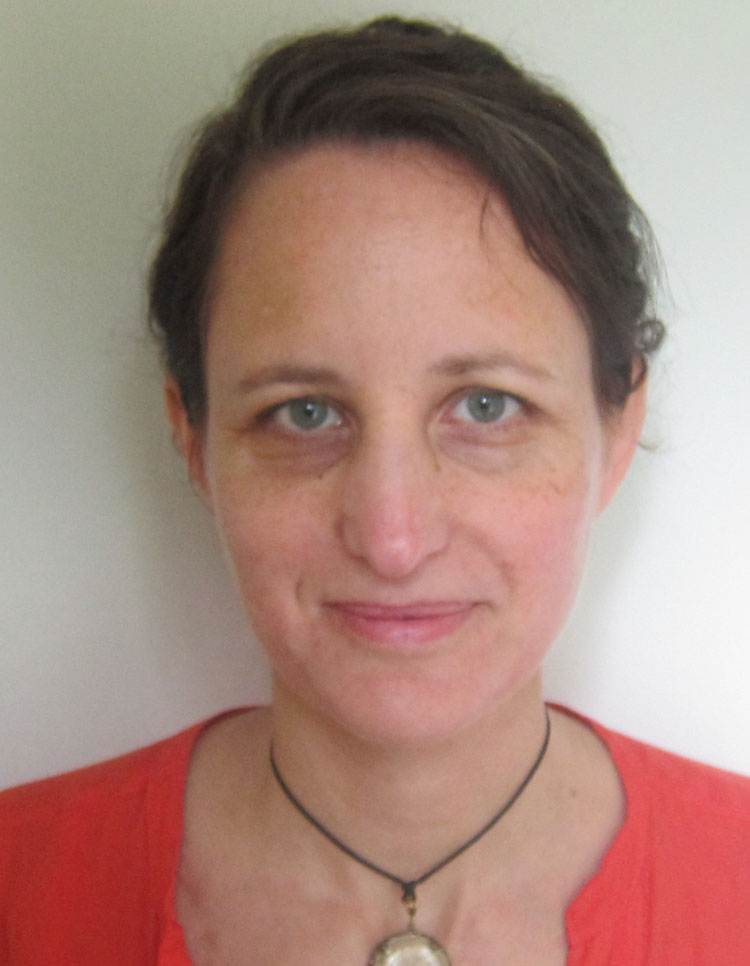 |
||
|
|
||||
|
Mara Viveros Vigoya |
Focusing on the key intersectionalities of race, gender, and class, Mara Viveros’s research examines the social mobility processes of Colombia’s black population in each of Colombia’s geographic regions, examining the scope and limitations of Colombia’s liberal multiculturalist model for the elimination of Afro-Colombian social inequalities.
|
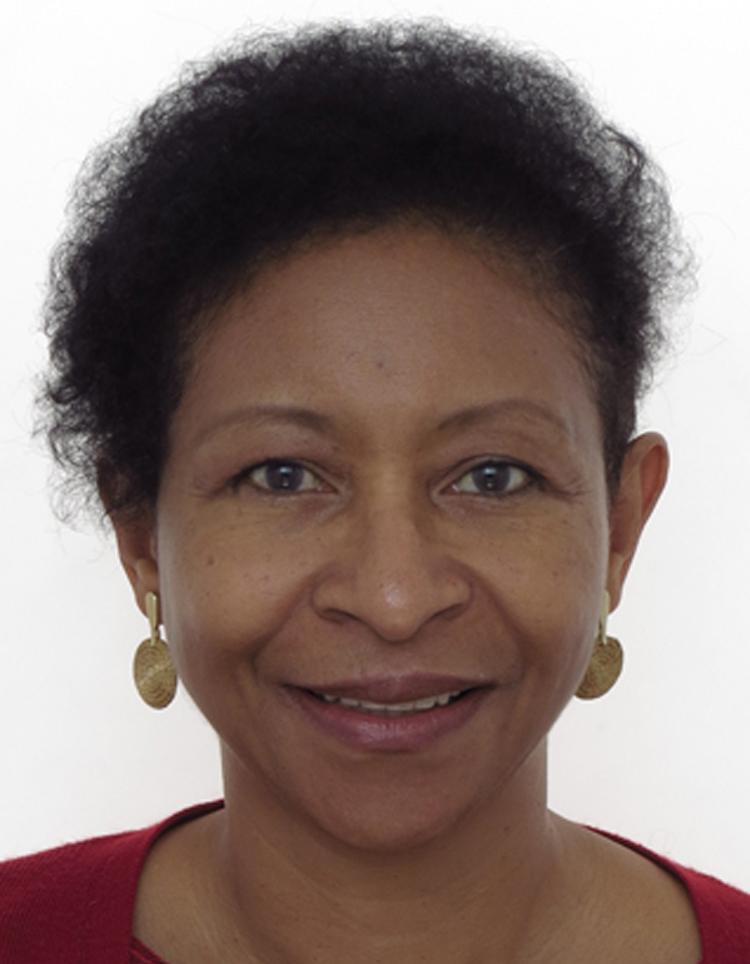 |
||
|
|
||||
|
Richard Ashby Wilson
|
Richard Ashby Wilson is writing a book titled "Words of Conviction: Speech Crimes in International Criminal Law" that assesses recent efforts to criminalize inciting speech. Research for the book draws upon qualitative research conducted at three international criminal tribunals, as well as psychological experiments on the effects of denigrating speech.
|
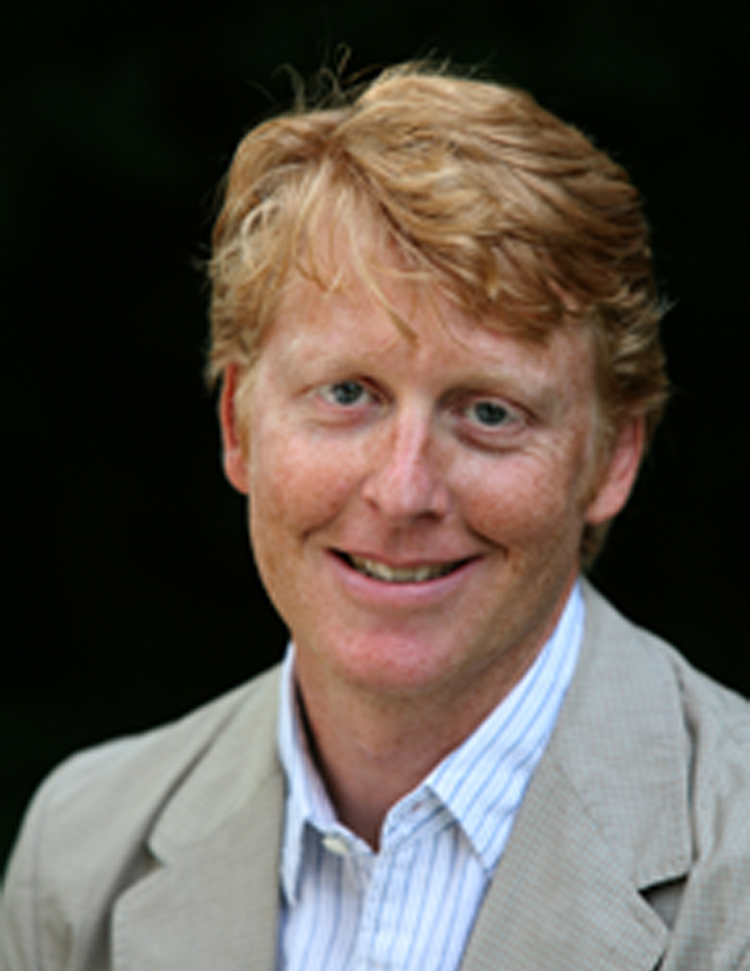 |
||
|
|
||||
|
Tugba Basaran |
Tugba Basaran’s research on "Securing Indifference" seeks to uncover techniques of inducing and normalizing collective indifference to human suffering in liberal democracies. Her research centers on contemporary deprivation of fundamental rights, with an emphasis on the uses of the rule of law under conditions of security. |
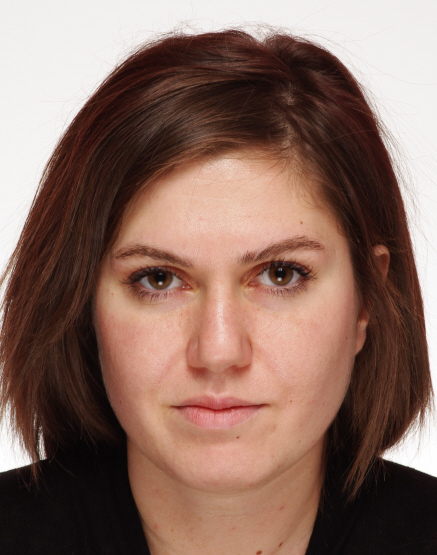 |
||
|
Gurminder K. Bhambra |
My research is in comparative historical sociology and is primarily concerned with the institutional orders of modernity; in particular, the configuration of those orders in the context of relations of colonialism, dispossession, and racialized difference. I work theoretically across the fields of Postcolonial and Decolonial Theory, Cosmopolitanism, and Global Sociology. During this year, I intend to map the current state of the research field in the intersections of citizenship, rights, and land in the social sciences especially in the context of research on indigenous struggles in the Americas. |
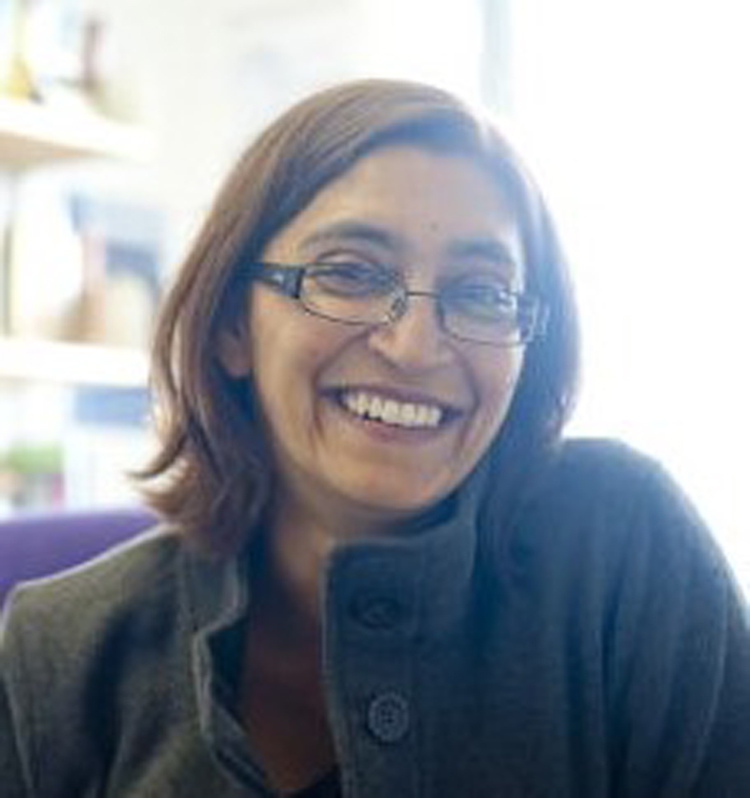 |
||
|
Michael Bordo
|
I plan to work on a project on financial globalization and financial crises in the period 1870-1914. The project combines theory, empirics, and historical narrative to try to answer the question--why did some emerging countries that had access to foreign capital learn from financial crises and developed the institutions to become advanced countries and others did not.
|
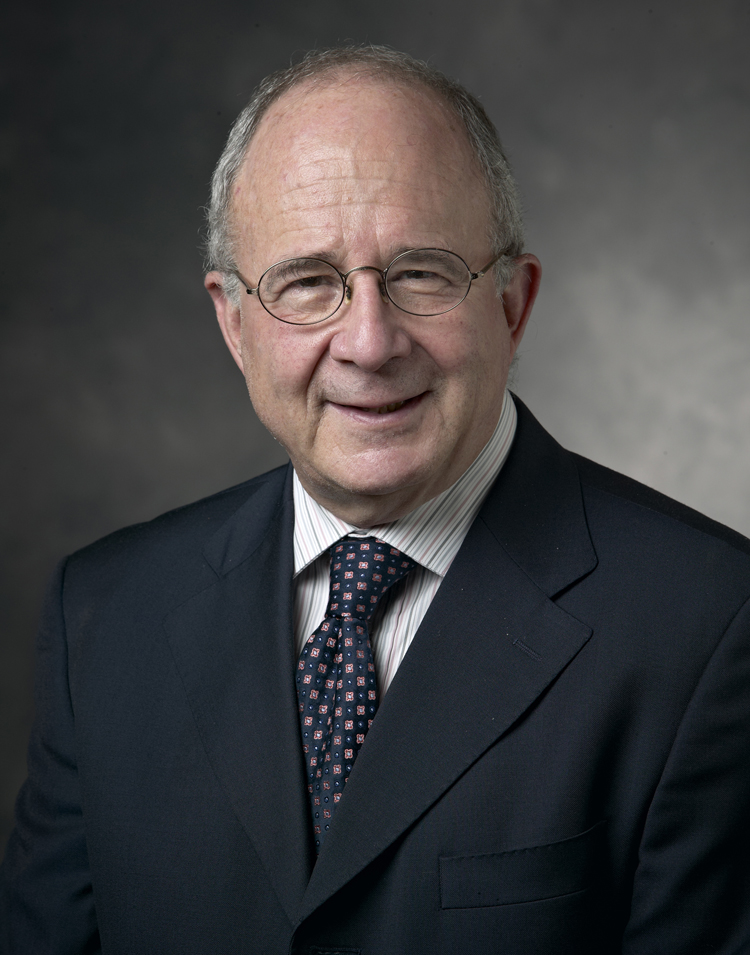 |
||
|
|
||||
|
Brian Connolly |
I will be working on a critical history of kinship, religion, and law in the nineteenth-century United States. Situated in the rise of international marriage law, I explore six sites where kinship and religion were intertwined: representations of Hindu and Muslim kinship in India and North Africa, slave maroon communities, Mormonism, spiritualism, and ethnography. In doing so, I offer genealogies of secularism, national sovereignty, and modernity. |
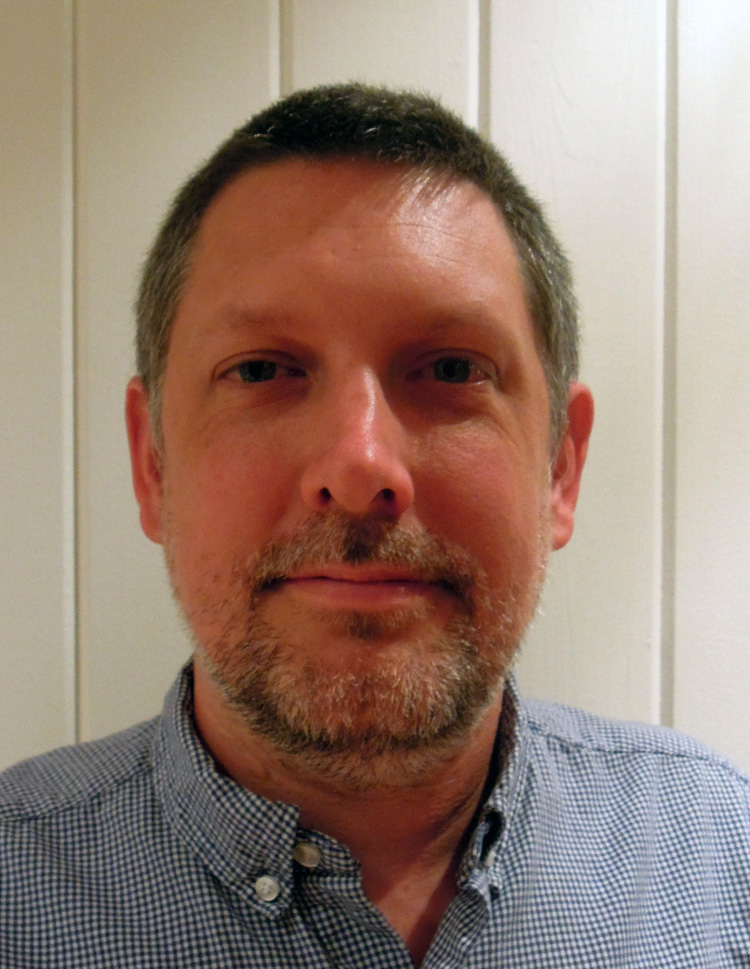 |
||
|
|
||||
|
Pınar Doğan |
Pinar Doğan’s research interests include economics of networks, regulation, and competition policy with an emphasis on the telecommunications industry. Her recent research focuses on the impact of access policies on investment and social welfare. |
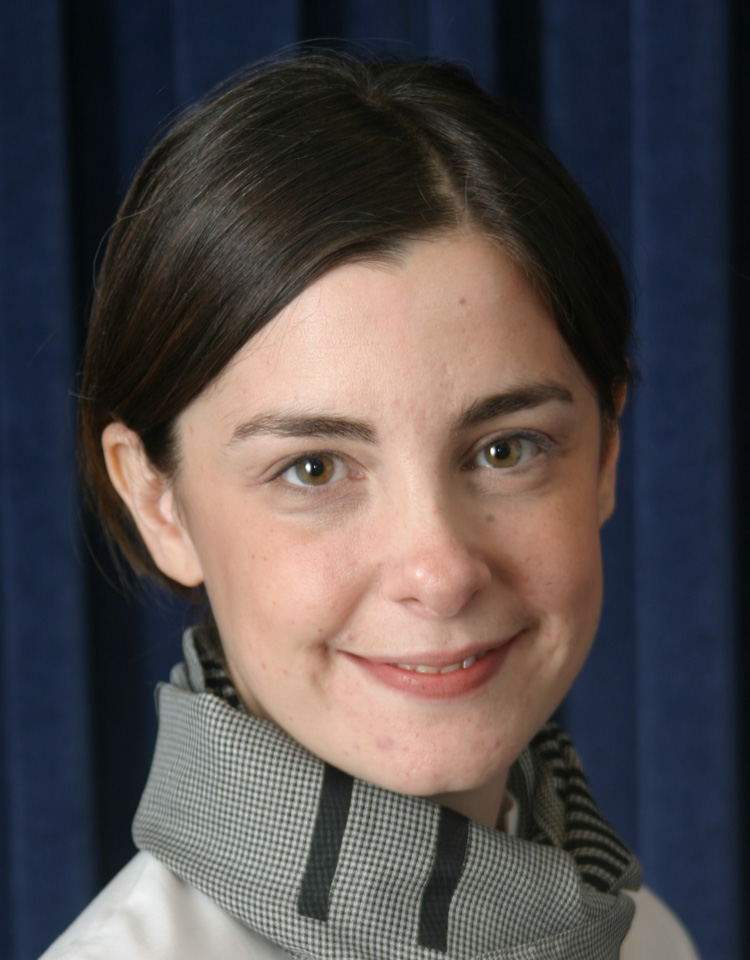 |
||
|
James Doyle |
James Doyle is working on a book on Plato’s Gorgias. This will give an analysis of the main arguments of the dialogue and an account of the use to which Plato puts the dialogue form, as leveling an implicit critique of Socrates’s conception of philosophical method and his associated doctrine of “intellectualism.” |
 |
||
|
Sara Edenheim
|
Sara Edenheim’s research focuses on feminist philosophy of history. While at the Institute, she will study the concept of tolerance within the neoliberal framework of identity politics, with a special focus on governmental policies. |
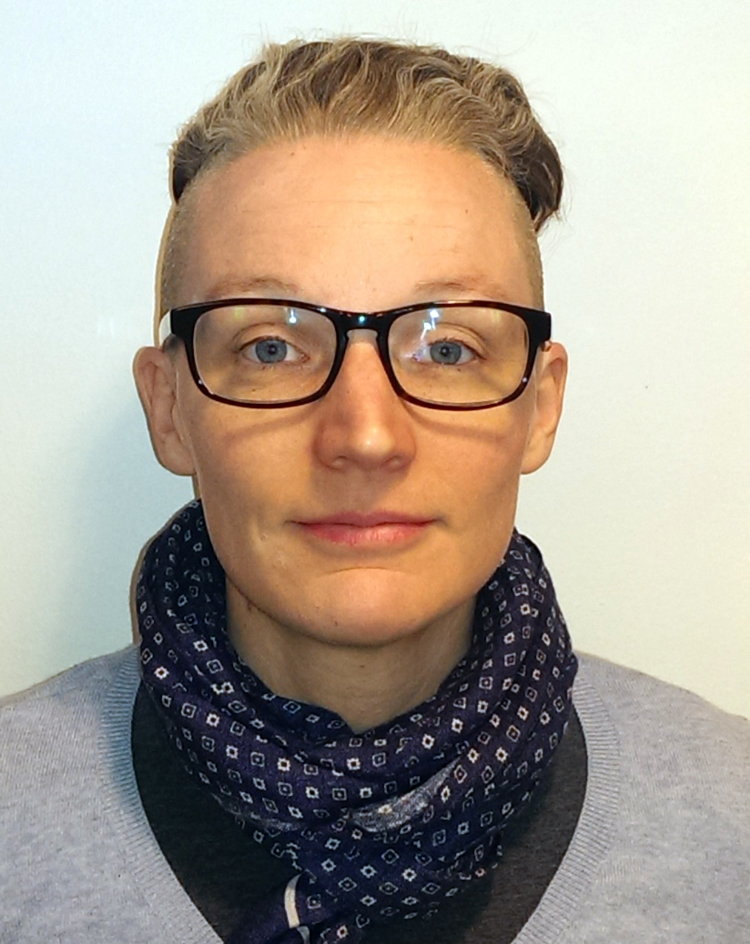 |
||
|
|
||||
|
Nannerl O. Keohane |
My current research considers the theory and practice of leadership in democratic societies. At the Institute, I will continue to work on a book about democratic leadership, with particular attention to issues of inequality, institution-building, and working together for the common good.
|
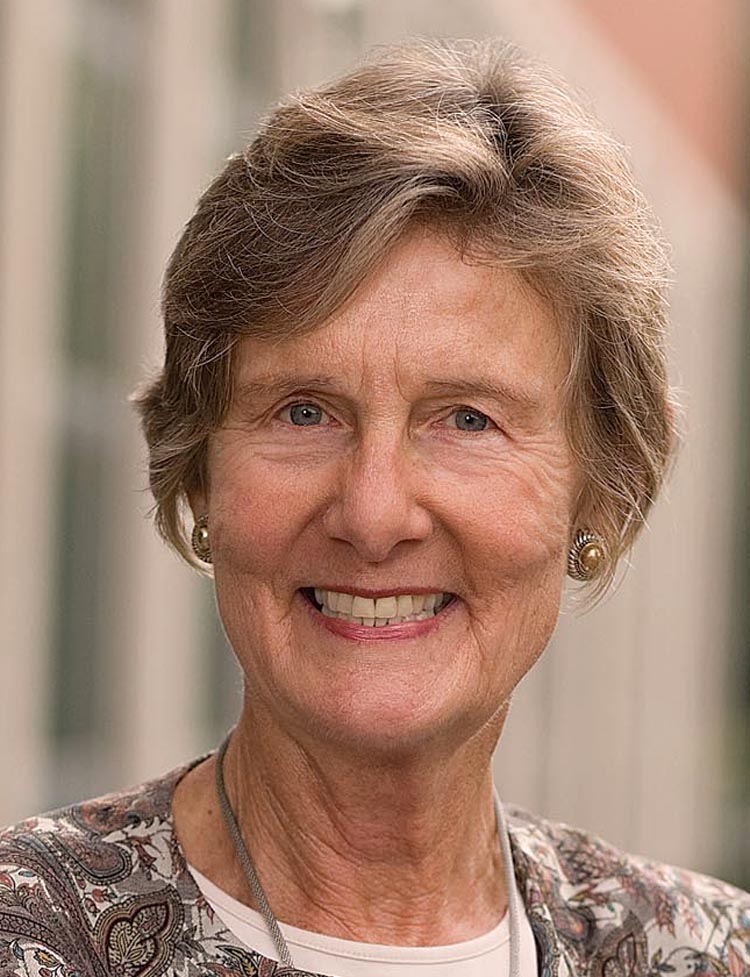 |
||
|
Jennifer A. London |
Jennifer London is a political theorist who analyzes theories of autocracy, where they come from and how they have been translated into diverse contexts. Her work integrates historical, literary and political analysis to trace autocracy as an evolving concept, which spans pre-Islamic and Islamic writings. She is particularly interested in classical Arabic writings, which she has spent years studying at the University of Chicago, Middlebury College, the Qasid Institute in Amman, Jordan and continues to analyze today. London pursues this research at IAS, Princeton, where she conducts her own scholarly work in a project called “Bridging Global Knowledge Traditions,” a part of the “Democratic Knowledge Project” directed by Danielle Allen. London teaches ancient and medieval thought to graduate and undergraduate students at Columbia University, where she is a visiting ICLS scholar. She is also a faculty fellow for the Association for Analytic Learning about Islam and Muslim Societies (AALIMS). Before coming to IAS, London received her Ph.D. in political science at the University of Chicago, in December 2009 and then held a Mellon postdoctoral fellowship in the Center for the Humanities at Tufts. Jennifer has published articles in History of Political Thought on classical Arabic and Persian theories of justice and on how classical Arabic authors use translation to transform the publics they inhabit. Her book manuscript "Autocracy and the Foreigner: the Political Thought of Ibn al-Muqaffa‘" is currently under review with Cambridge University Press. |
 |
||
|
Peter Alexander Meyers |
I am designing and setting in motion the Civic Inquirer, an independent, experimental, and collaborative project for problem-solving in civic life that focuses on disputes (rather than issues, policy, regulation, opinion, elections, etc.). In helping to articulate and transform disputes with respect to the specifically civic interests of antagonists, the purpose of the Civic Inquirer is to design, develop, and deploy new modes of interaction between local knowledge (a necessary but not sufficient condition for the formation of political/civic relationships) and professional research (post-Enlightenment practices and institutions that extend the range of possibility for political/civic action). It is assumed that political/civic capacities, relationships, and practices emerge from and are conducted through the pressures, risks, and opportunities of everyday life with others in real time and material space. Giving priority to that assumption, the Civic Inquirer is developing digital media to create and sustain processes and practices that weave together civic problem-solving and professional research in innovative and more productive ways. Interested colleagues are welcome to contact me about a working group on “civic ethnography” this year at the IAS. Along more familiar lines, I am also pushing forward a second book on Rousseau, the remainder of a trilogy on “the position of the citizen,” a history of the modern Will, and several publications stemming from my discovery of a manuscript written in 1938 in Manila by a prominent German Jewish journalist called “Why do they hate the Jews?” and intended to rescue European Jews by ending American isolationism. |
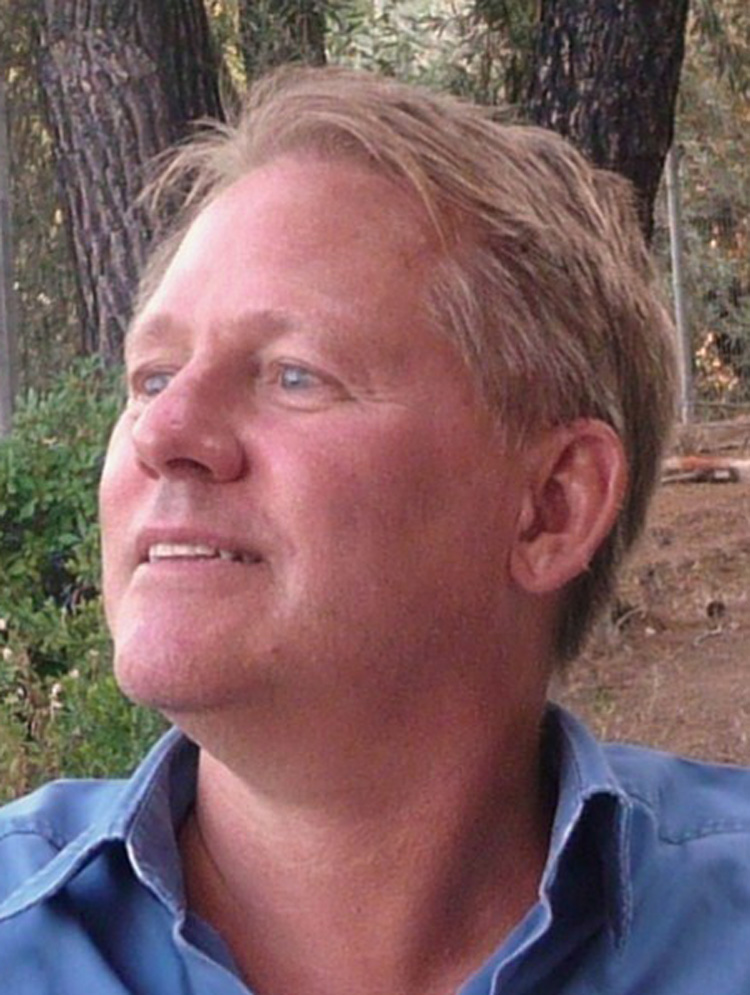 |
||
|
Gideon A. Rosen |
My main project for the year is a book on the nature and limits of moral responsibility, and in particular about the implications of contemporary psychology for this part of ethics. I also have a separate project in metaphysics where the question is (roughly): what is it for one fact to be more fundamental than another?
|
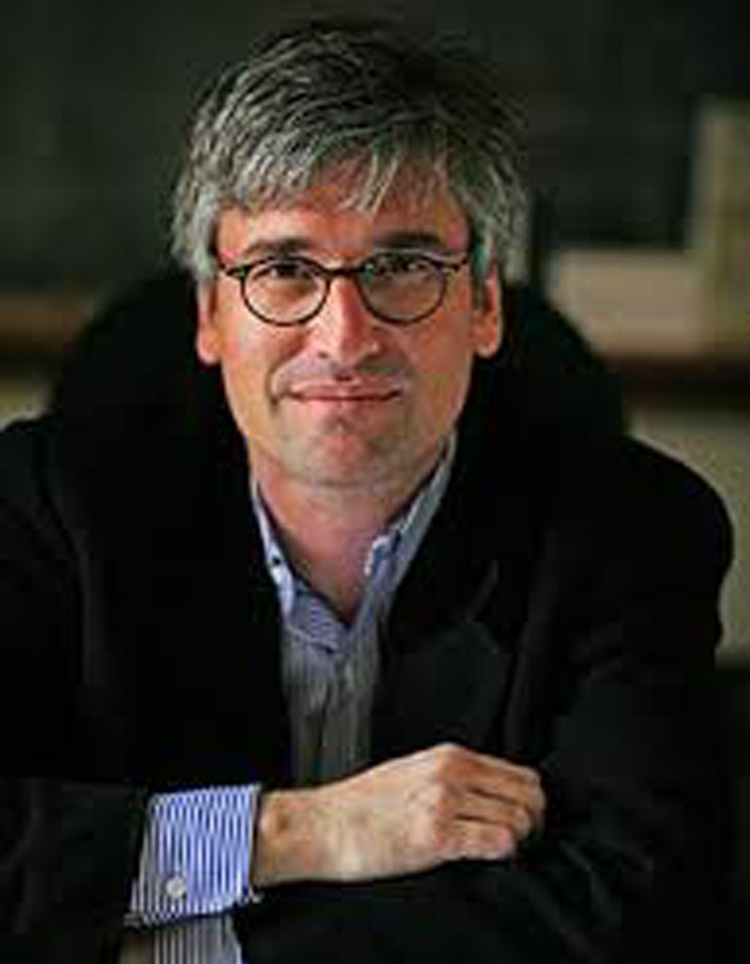 |
||
|
Valentin Seidler
|
Valentin Seidler's research focuses on the question of whether and how institutions can be transplanted into societies lacking them. At the Institute, he plans to explore the role of highly educated civil servants in the institutional reforms of former African colonies. |
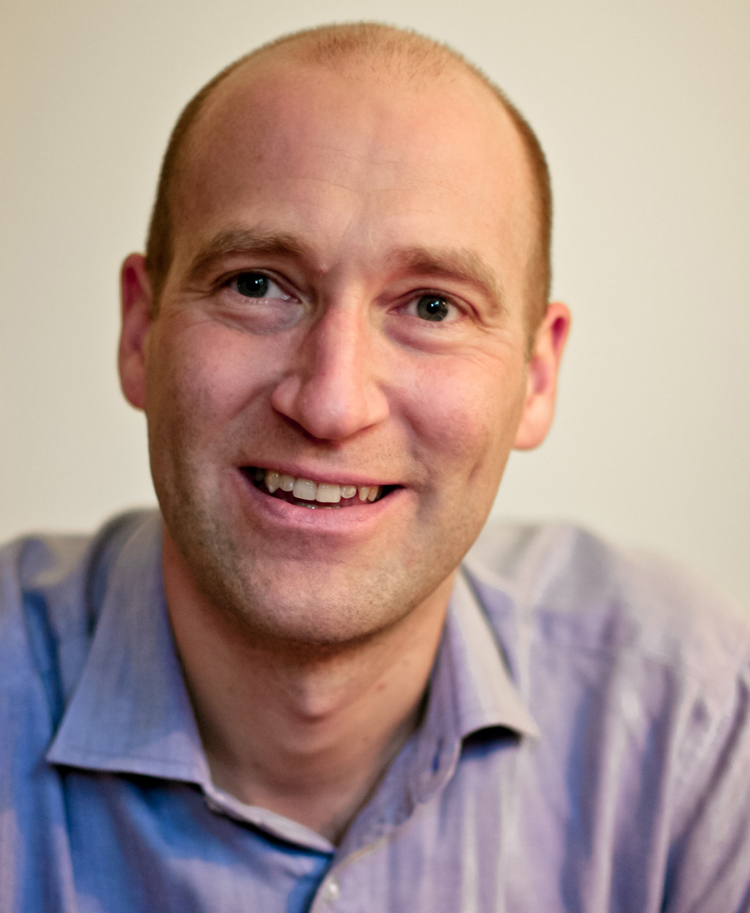 |
||
|
Cécile Stehrenberger |
Cécile Stehrenberger’s project explores the history of social science disaster research during the Cold War. While at the Institute, she will examine publications and archival documents from several research groups and analyze their activities in the context of specific senses of dangers and forms of governmentality.
|
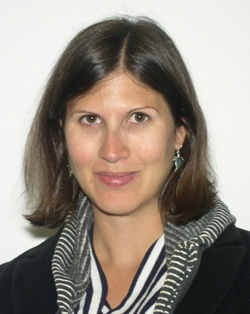 |
||
|
Joanna Tokarska-Bakir |
Joanna Tokarska-Bakir specializes in the anthropology of blood libel and anti-Jewish violence. She is currently working on a project on postwar pogroms in Eastern Europe. |
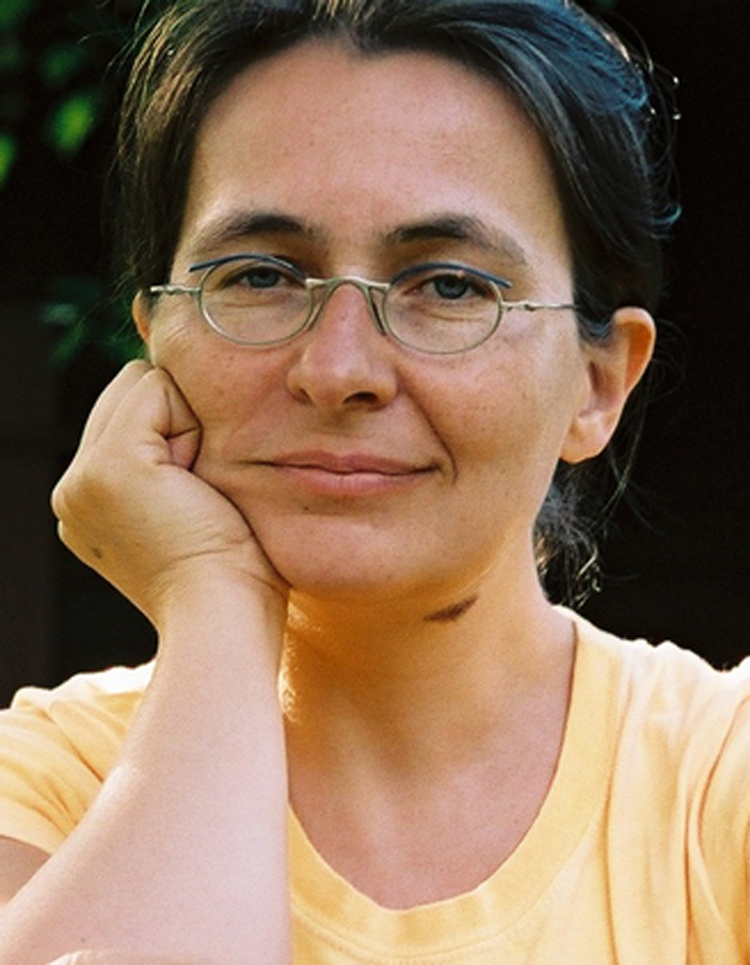 |
||